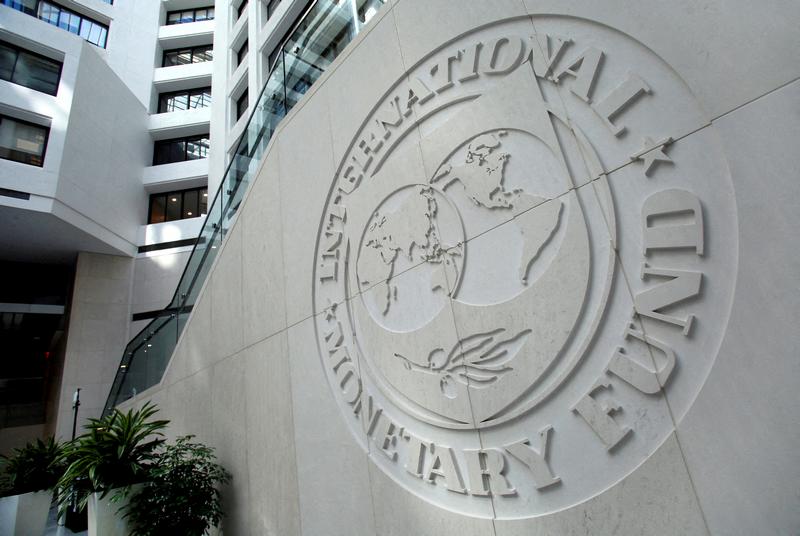By Jorgelina do Rosario and Rodrigo Campos
LONDON/NEW YORK (Reuters) – The International Monetary Fund (IMF) will decide on Friday on Argentina’s $45 billion program, with the country anticipated to clear the final hurdle to rework its debt with the Washington-based lender, according to two sources.
The agreement would mark the 22nd IMF program for Argentina and comes after more than a year of negotiations. It would replace a failed $57 billion program from 2018, for which it still owes over $40 billion.
Graphic: Argentina: IMF payouts

Reducing the fiscal deficit, raising interest rates and cutting energy subsidies are core demands of the deal, which doesn’t call for labor or pension reforms.
The executive board meeting – scheduled for 1400 GMT – has to reach agreement by consensus rather than a vote. One source familiar with the thinking of the IMF board said the approval was “most probable” following a number of meetings in the run up to Friday. Another source said they were “personally hopeful.”
The meeting comes after Argentina’s Congress signed off on March 17 on the financing aspect of the agreement, not the policies expected to keep the economy on track and the debt sustainable.
Political cracks inside Argentina’s ruling center-left coalition have widened over the deal and there are fears the economic strings attached will further strain people in the South American country fighting with inflation above 50%.
But targets might be hard to achieve. JPMorgan this week revised its primary fiscal deficit forecast for 2022 to 2.8% of GDP, above the program’s target of 2.5%.
“The agreement fails to encourage the reforms needed to improve Argentina’s growth inflation outlook,” said Alejo Czerwonko, emerging markets Americas CIO for UBS Global Wealth Management.
“It will very unlikely trigger the positive confidence shock, increase in private investment, and access to international capital markets that the country badly needs.”
The Fund also risks reputational damage if the program doesn’t succeed. Argentina’s 2018 programme was the largest in the IMF’s history.
Private holders of Argentina’s debt, restructured in September 2020, criticized early on the negotiations as tainted by politics, allowing the government to carry on “erratic” economic policies.
Those restructured bonds have been trading in the low 30-cents on the dollar area for most of last year.
Graphic:Argentina’s U.S. dollar bond prices

“There’s been a lot of criticism of this deal, that it’s going to fall apart, that it’s an IMF-light deal, it’s a Band-Aid… But it’s an important Band-Aid,” said Robert Koenigsberger, chief investment officer at Gramercy, adding that an IMF deal would bring in a lot of upside for bond prices.
“The only thing that would make this stuff worth less than 32 (cents), which is where it trades today, is if the wheels fall off the bus. What this IMF deal does is it tightens the lug nuts on the wheels, so to speak.”
The discussed Extended Fund Facility program has a 4-1/2 year grace period, and Argentina will face 10 quarterly revisions in order to get the disbursements. The country will receive $9.8 billion once the board passes the deal, according to staff-level agreement documents.
Graphic:Argentina: Economic Targets















0 Comments